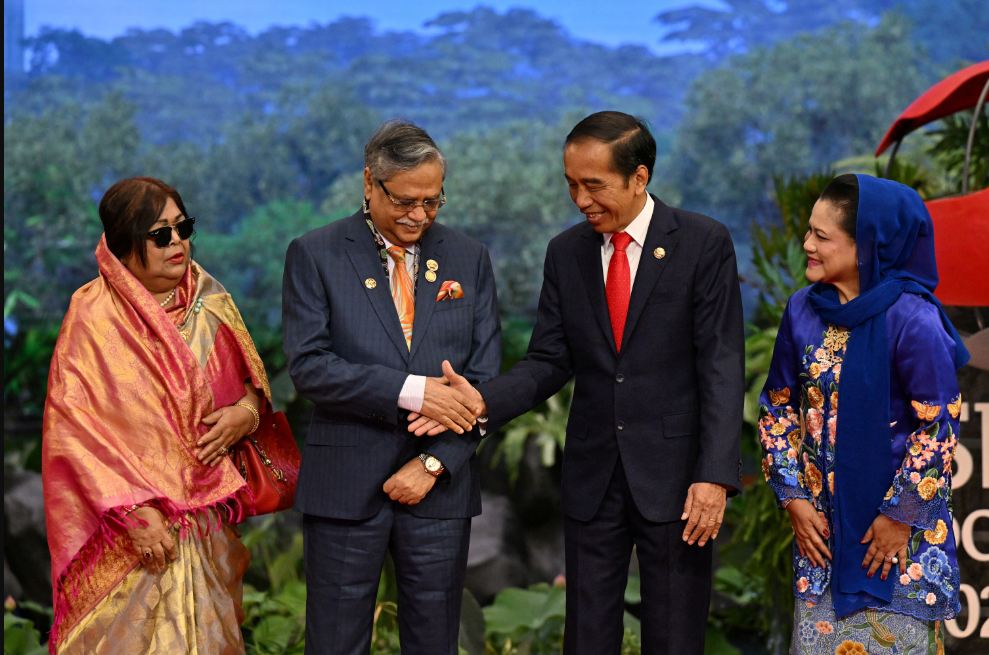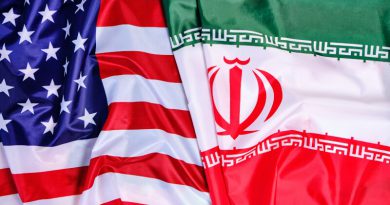Turkey funds Indian NGOs, Mosques and Madrasas to spread Erdoganist influence
by Jagdish N. Singh
Turkey has also funded Indian NGOs to reach out to Muslim students, and influence local madrassas and mosques.
Recep Tayyip Erdogan makes no secret of his imperialist ambitions. His heroic ideal is the Ottoman Sultan Abdulhamid II (1876-1909). During a commemoration ceremony on February 10, 2018 marking the sultan’s death centenary, the Turkish president lauded him as the “most important, most visionary, and most strategic-minded.”
And in the wake of the October 2, 2018 killing in Istanbul of Saudi journalist Jamal Khashoggi, allegedly by assassins sent from Saudi Arabia, Erdogan unequivocally declared Turkey to be “the only country that can lead the Muslim world.”
Very much in the manner of an emperor (or rather a sultan) in the making, Erdogan has considerably consolidated his political authority at home. He exploited the aborted July 2016 coup to change the constitution and remain as head of the government as well as the state. The changes in the constitution permit him two terms of five years each after the 2019 elections, and allow him to appoint vice presidents, cabinet members, and 12 out of 15 Supreme Court judges, as well as abolish the post of prime minister.
Erdogan has used his unprecedented power to sweep away judges, media outlets, journalists, academics, military officers, and NGOs. According to one estimate, in the wake of the coup attempt, about 120,000 government employees were suspended, dismissed, or imprisoned, primarily from the judiciary and education branches. Over 7,500 soldiers and officers, including over 100 with the rank of brigadier or above, and over 10,000 policemen were fired with countless others imprisoned. More than a dozen colleges and universities and 1,000 schools were closed. The licenses of 24 radio and TV channels were revoked, and numerous journalists were arrested.
Erdogan has changed the secular system introduced by modern Turkey’s founding father Mustafa Kemal (Atatürk), giving clerics more say in affairs of state. Under the new laws made since he came to power, Muslim clerics can conduct civil marriages and issue religious opinions on matters of day-to-day life. Previously, only state officers could do this.
In order to establish himself as leader of the Muslim world, Erdogan has sought to win over Muslims in other countries. On June 12, 2011, he made an emotional appeal to Muslims abroad when he told a gathering celebrating his party’s victory: “Sarajevo won today as much as Istanbul. Beirut won as much as Izmir. Damascus won as much as Ankara. Ramallah, Nablus, Jenin, the West Bank, [and] Jerusalem won as much as Diyarbakir.”
Given the devastation wrought by imperial rulers in the past, the international community — leading democracies in particular — must not ignore the alarming signs coming from the Turkish strongman. They must take all appropriate steps before it is too late.
India should be particularly concerned about the implications of Erdogan’s ambition.
New Delhi and Ankara have never been friendly since India became independent. Successive governments in Ankara have always sided with Pakistan on the issue of Kashmir. Now, as part of its strategy to attain Muslim leadership status, Ankara has been reaching out to Indian Muslims as well.
Reliable reports indicate that in the recent past, the Erdogan regime has invited several Indian Islamist leaders, including Zakir Naik, to spread Erdogan’s influence across India. Turkish cleric Serdar Demirel visited Kolkata in 2016 to participate in a protest march organized by Muslims opposed to the Indian government’s bid to apply a Uniform Civil Code throughout the country.
Turkey has also funded Indian NGOs to reach out to Muslim students, and influence local madrassas and mosques.
The strategy seems to be working. There are indeed Muslims in India who see Erdogan as a leader of the Muslim world, and they celebrated his victory in the presidential elections of June 2018 in a big way.
Kashmiri separatist leader Mirwaiz Umar Farookh was among the first to offer congratulations. In a speech to an Islamist group run by Erdogan’s son Bilal in 2017, Naik described the Turkish president as “one of the few Muslim leaders who has the guts to support Islam openly.” He said: “O Muslim world, wake up. … May Erdogan be the next ruler of the Muslim world.”
After the coup attempt in Turkey, Indian Islamic cleric Maulana Salman Hussaini Nadvi endorsed Erdogan, and the Shahi Imam of Delhi, Syed Ahmed Bukhari, met the Turkish ambassador to India and expressed his support. Delegations from Jamaat-e-Islami Hind, Jamiat Ulama-i-Hind, the Chishty Foundation, and the India Islamic Cultural Centre (IICC) also met with the envoy.
New Delhi would do well to beware Ankara’s activities in India. It must not allow a Turkish Islamist like Demirel to join a domestic protest in India. This amounts to interfering with India’s internal matters. New Delhi must not tolerate Ankara’s hobnobbing with an Indian Islamist preacher like Naik, who is alleged to have inspired a terrorist attack on a cafe in Dhaka in 2016, and who has been evading an arrest warrant in India. Doing so is tantamount to encouraging terror against India.
Article first published on BESA (Begin-Sadat Center for Strategic Studies)
Jagdish N. Singh is an Indian journalist based in New Delhi.



